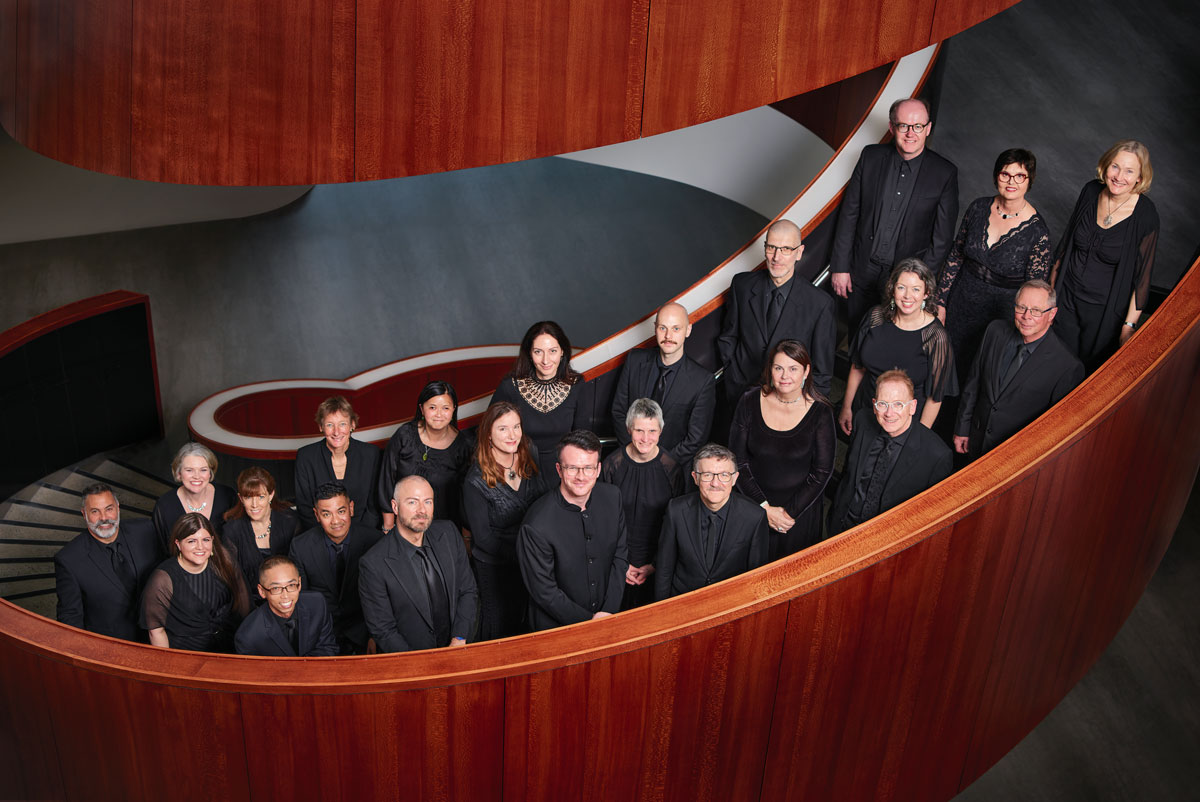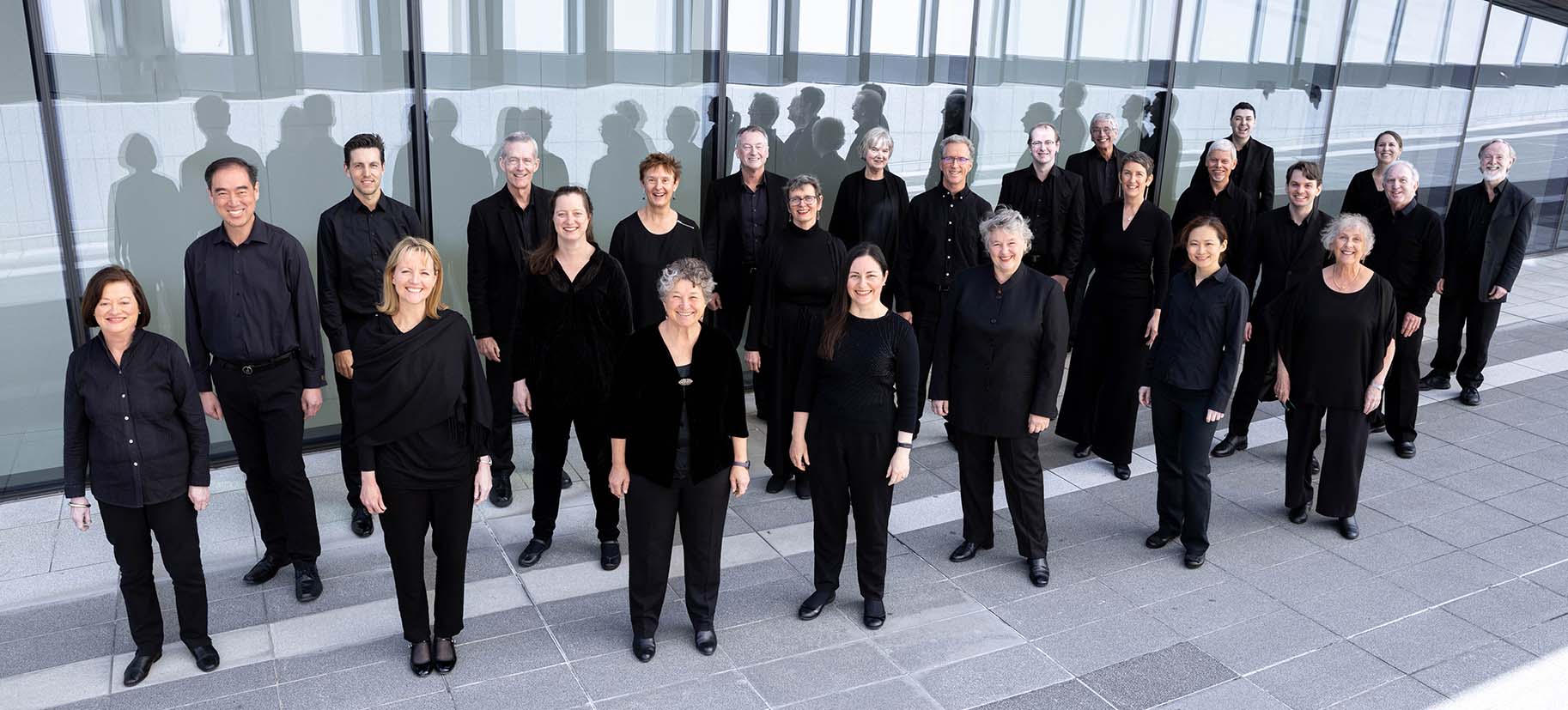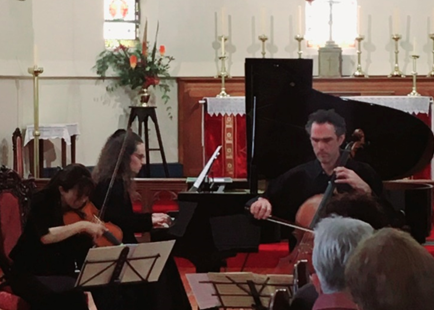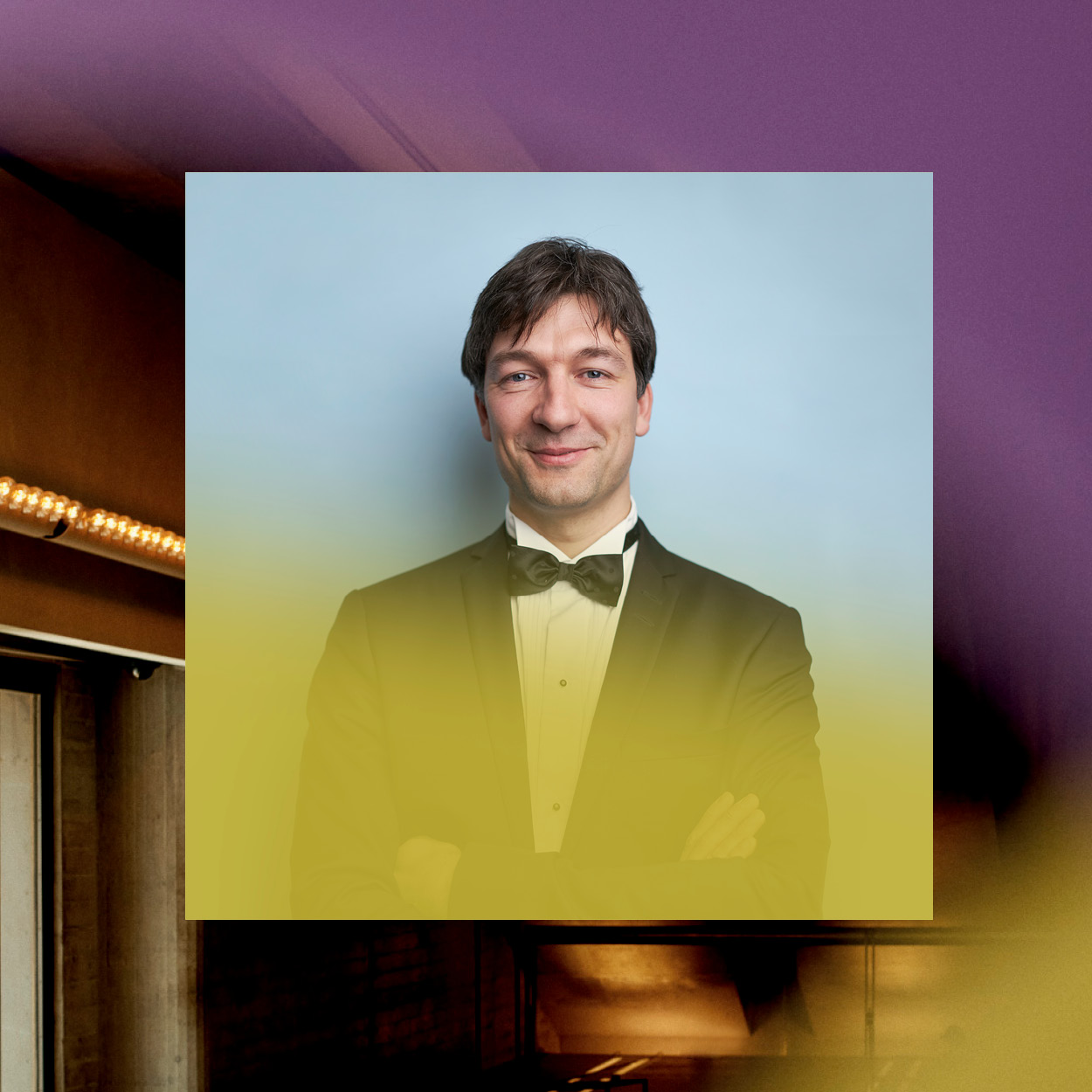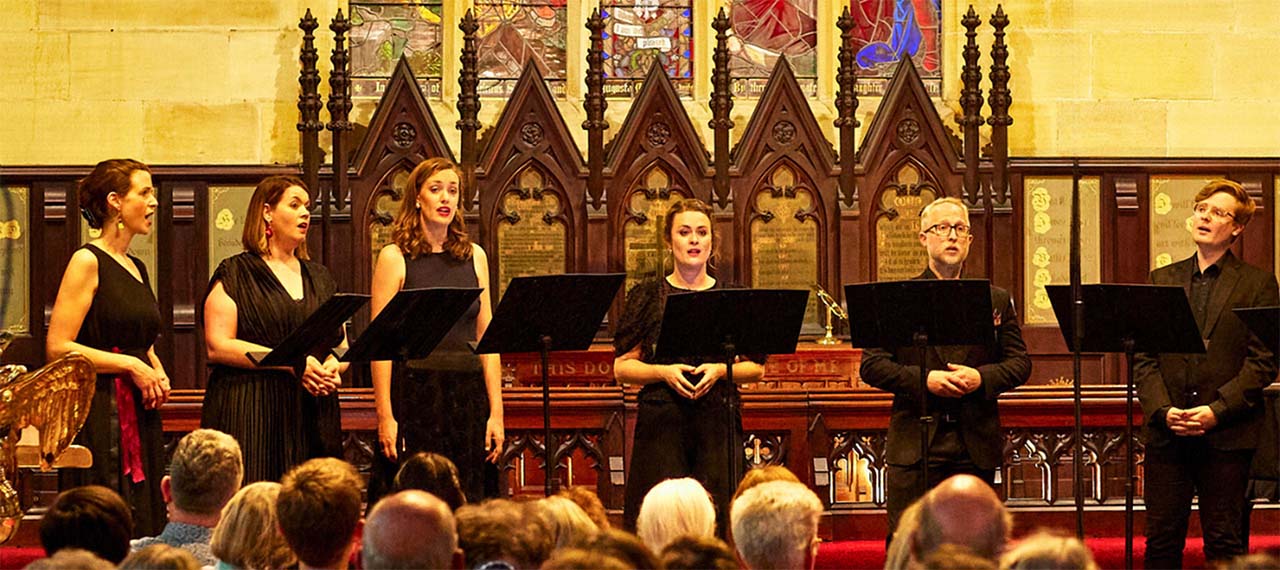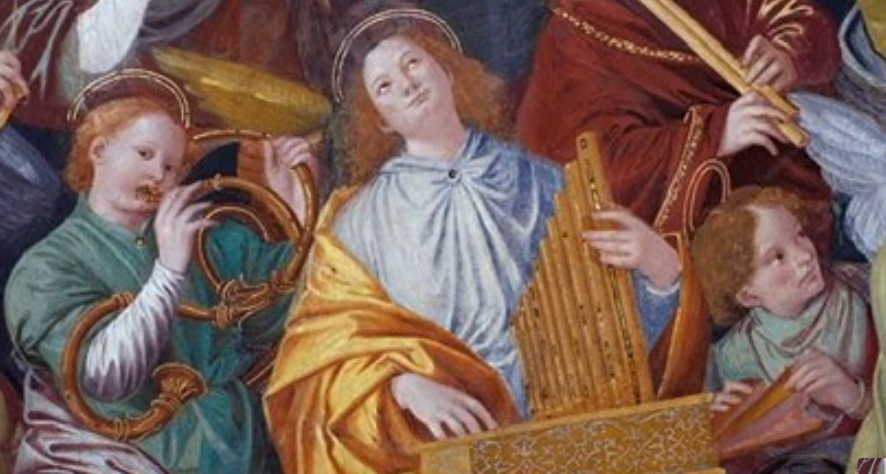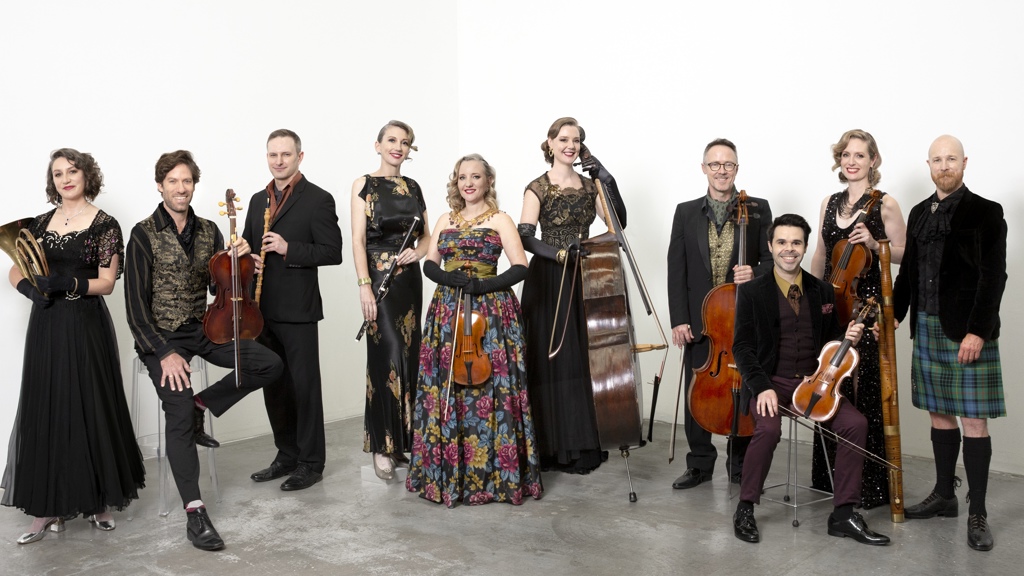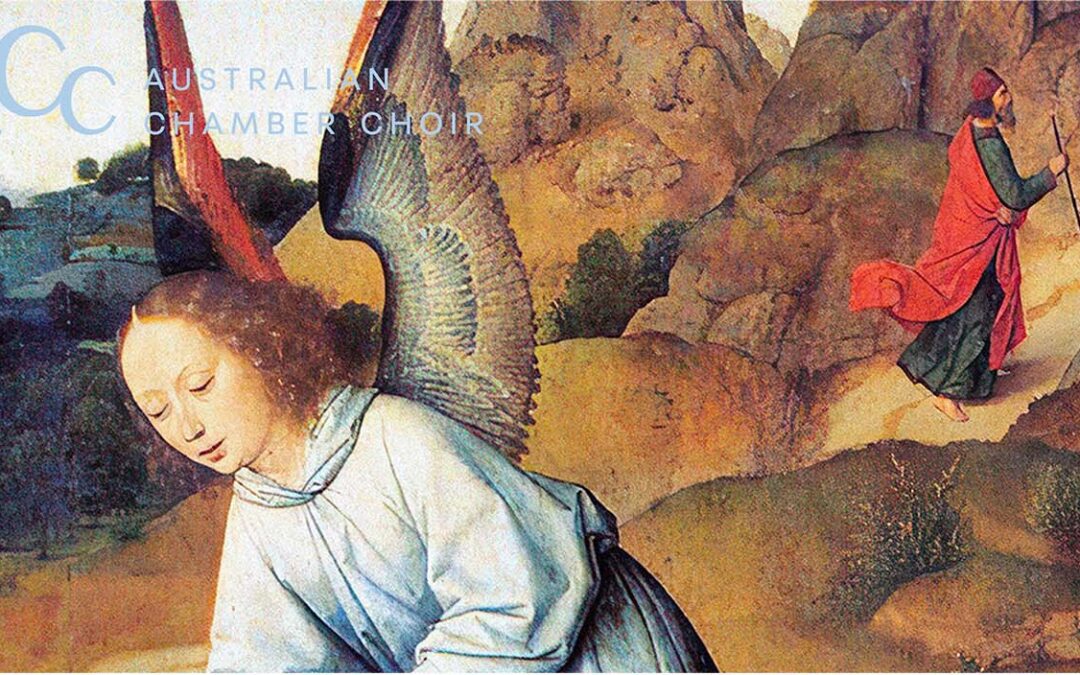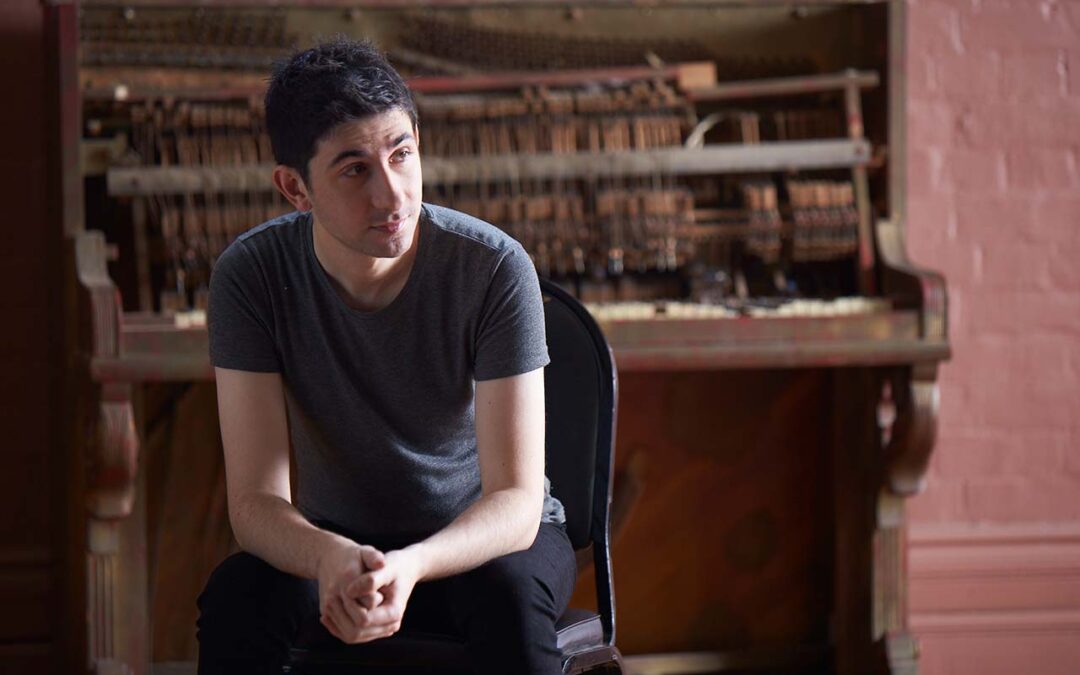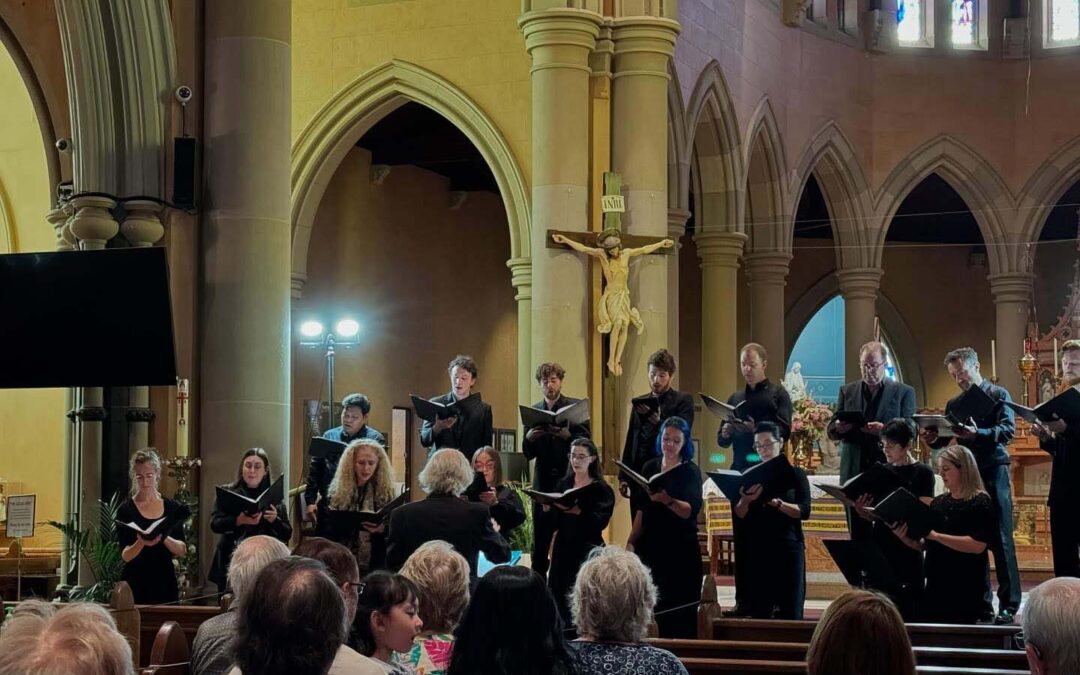Sydney Mozart Society | Streeton Trio
The Concourse Chatswood, March 10, 2022
The Sydney Mozart Society has again triumphed over adversity and Friday’s concert by the familiar Streeton Trio, originally programmed for two years ago, was finally performed.
First we heard Mozart’s Piano Trio in C major. Mozart didn’t favour this genre, preferring to write for larger groups, but piano trios were popular with the public, many of whom were amateur musicians who could play them in their homes. The second movement was particularly melodic while the last movement contained many themes intertwined in a complex web, reminiscent of the finale of his last symphony completed only a few weeks later. I feel his heart was more in the Jupiter at the time, and this trio was born by perspiration rather than inspiration.
Sergei Rachmaninov was no stranger to either perspiration or inspiration, although the latter proved to have huge variations because of his manic-depressive nature. He was certainly in an upswing when he debuted his Trio Elegiaque in his first independent concert in January 1892. It was well received by the audience then as now. We appreciated the beautiful opening theme on the piano against a ground bass. The second theme was, I thought, idiosyncratic while succeeding subjects had a strongly Russian flavour. More dramatic episodes followed although the work ended in quiet submission. Surprisingly enjoyable relaxation at what was my first hearing of the work.
I wonder if there are any short pieces about which more has been written than Schubert’s “Notturno” in E Flat Major. Certainly it is a beautiful stand alone work starting with a lilting theme on the strings taken over by the piano with pizzicato accompaniment. It wouldn’t be Schubert without a sudden more dramatic episode in the minor reverting to the major and ending serenely. So, why was it written? Was it, as some speculate, the first draft for the slow movement of his more famous B Flat Trio? I very much doubt it. Or similarly for his String Quintet? Definitely not. I’d guess that he wrote it when the idea came to him, intending to add the other movements at a later time which, tragically, never arrived.
Streeton Trio cellist Umberto Clerici gave an inspired and euphoric introduction to Beethoven’s Trio in C minor. He pointed out that it had many features of the past but more of the future. Haydn, because of its innovative nature, advised the composer against publishing it yet, a few years later it was immediately popular. The minor theme that opens the work is answered by a theme in the major which spawns a second catchy theme. A typical set of variations makes up the slow movement followed by a Minuet which augurs the future form of the Scherzo. The Finale is a stormy prestissimo which surprisingly ends in a whimper. An exuberant and enjoyable end to the programme.
The Chatswood audience has really warmed to the Streeton Trio – Umberto Clerici – enthusiastic as ever, Emma Jardine – tuneful and accurate, while Sydney born Vatche Jambazian proved a more than able substitute for the indisposed Benjamin Kopp. Hopefully we’ll hear them again this year.

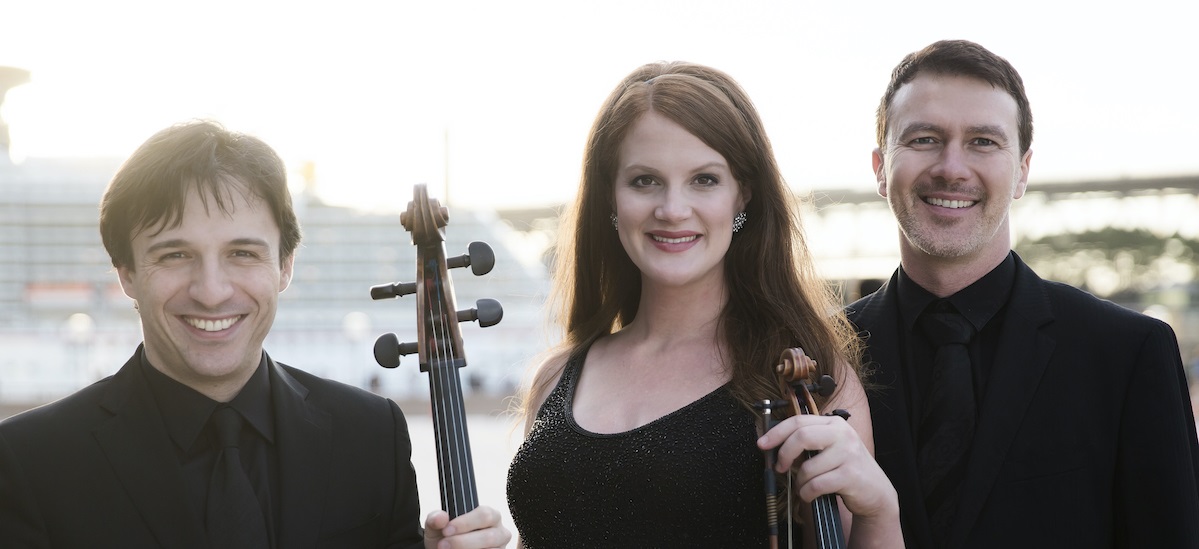



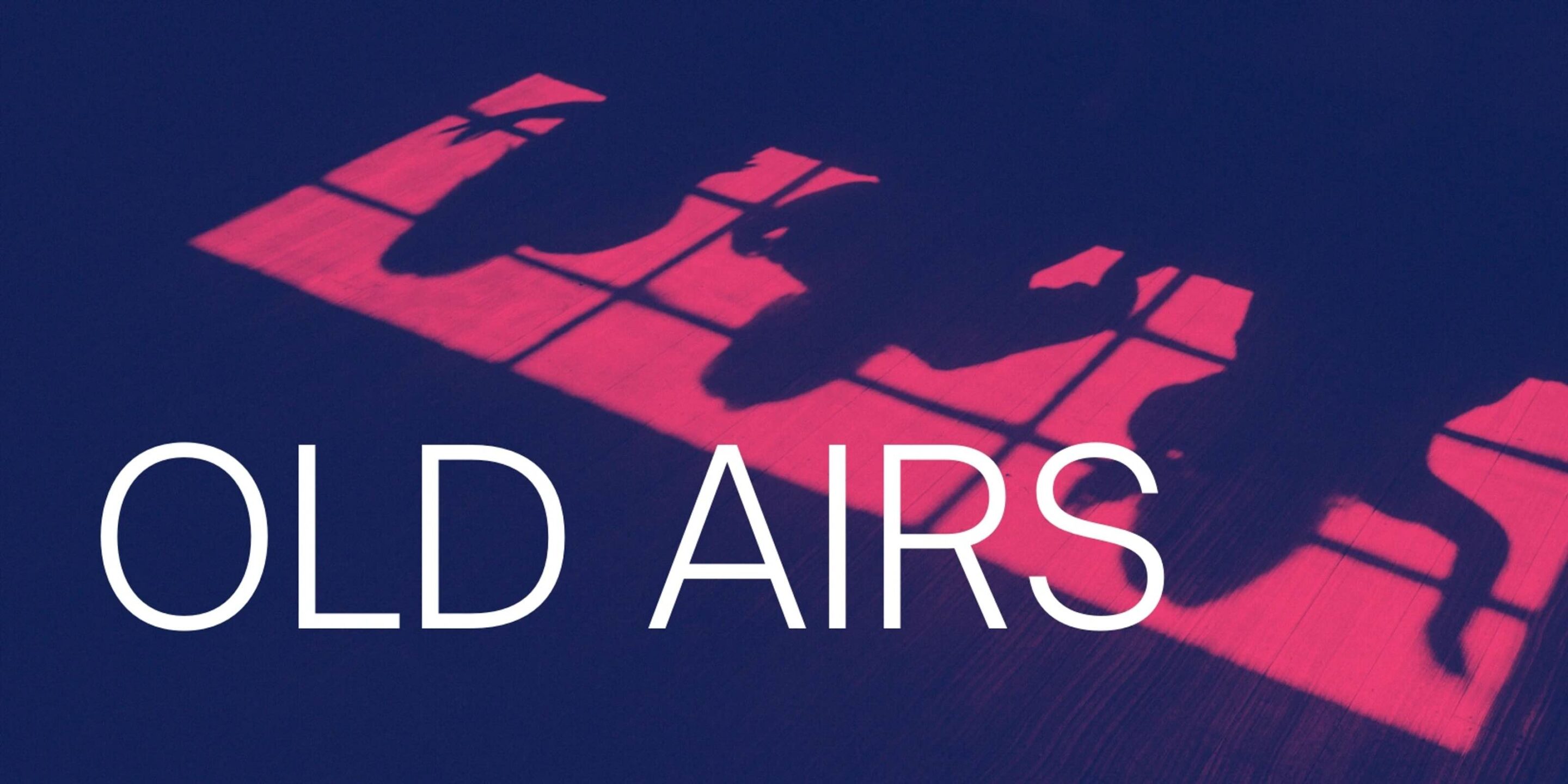
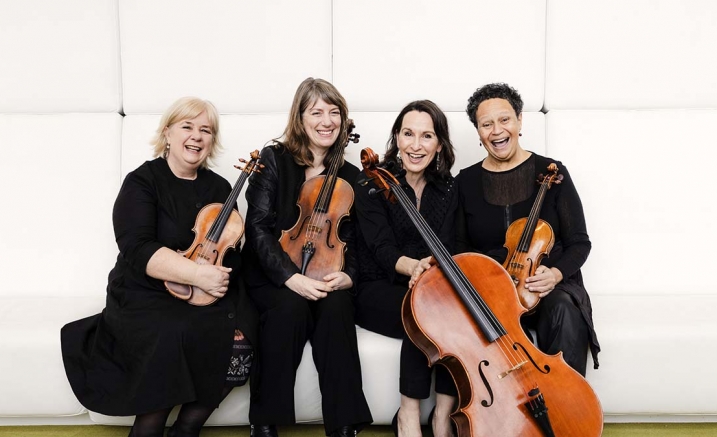


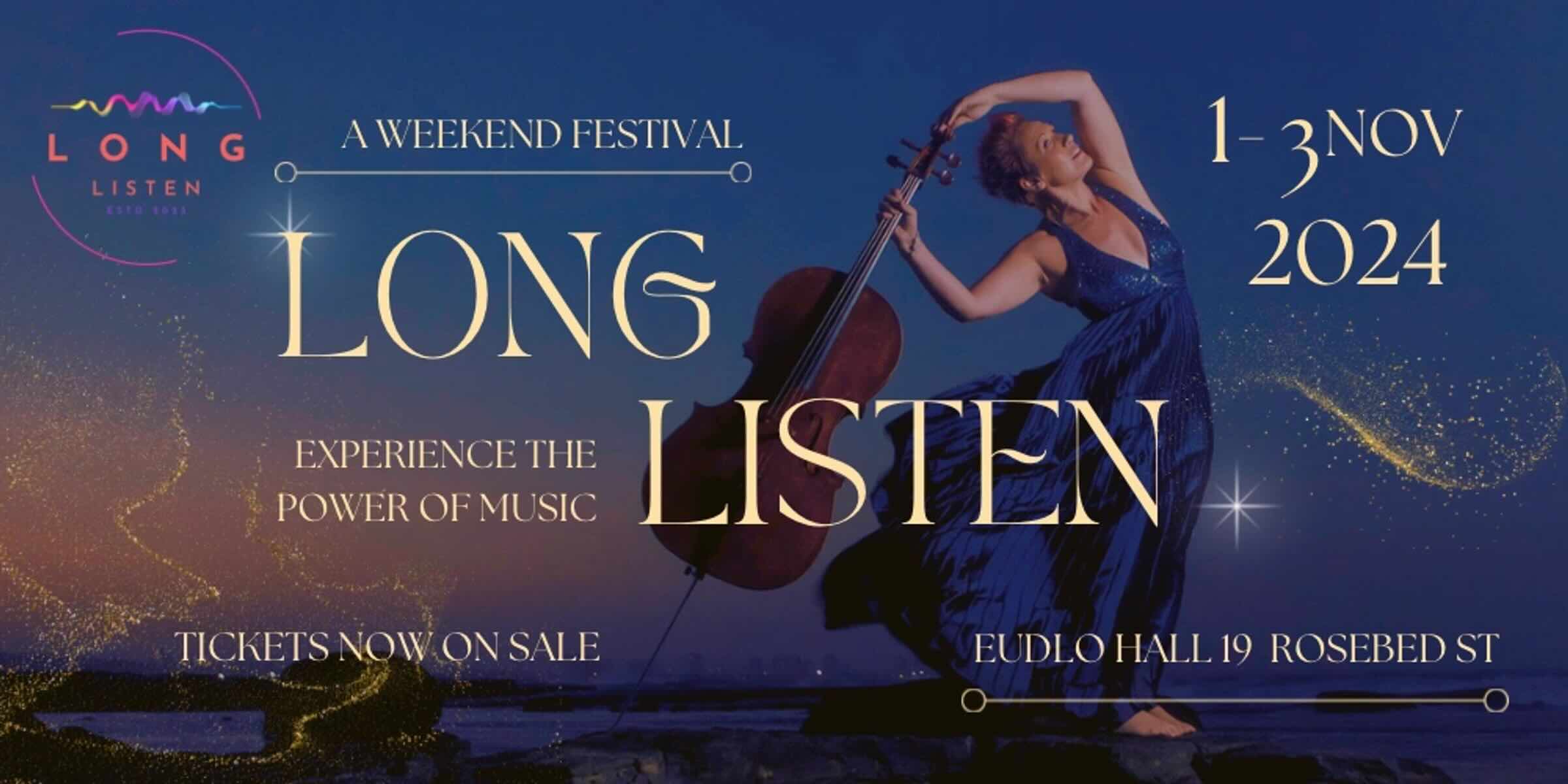
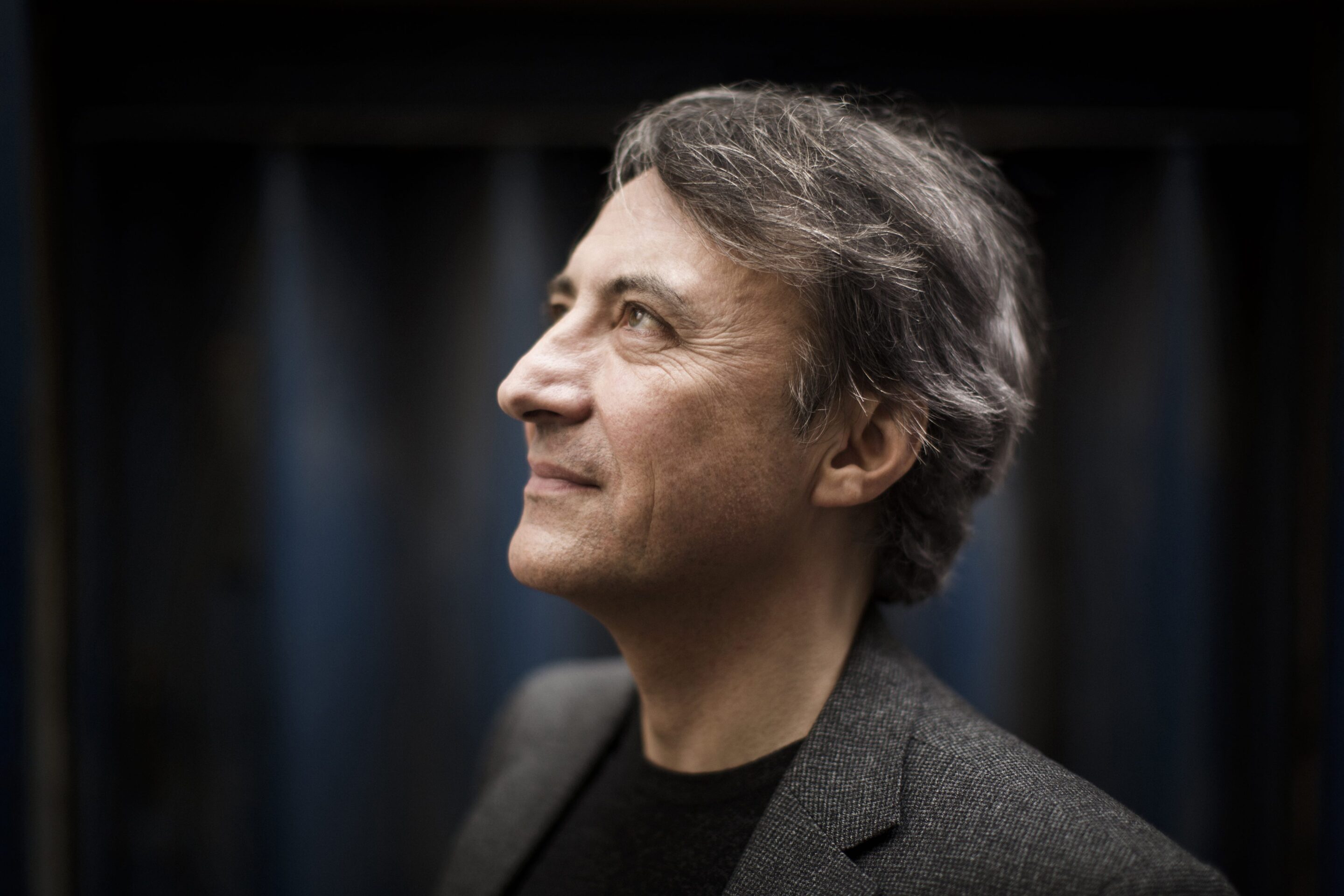

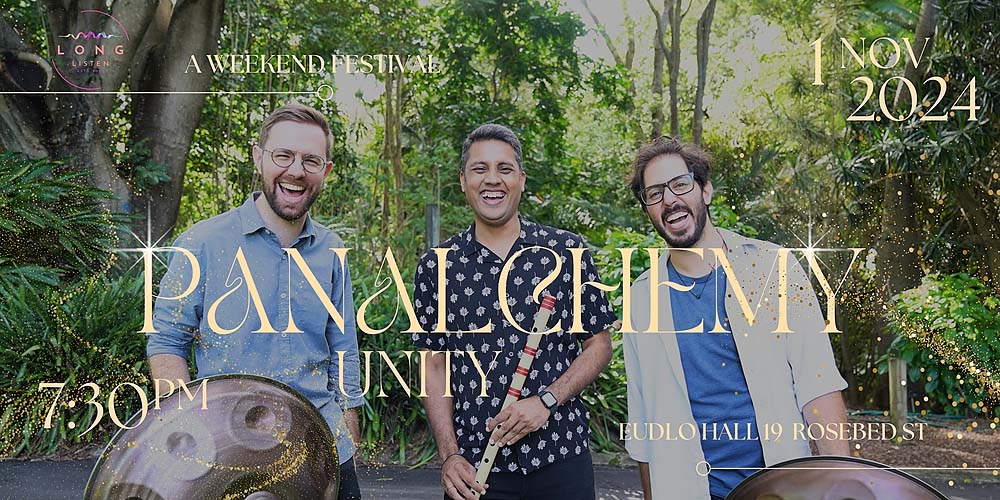

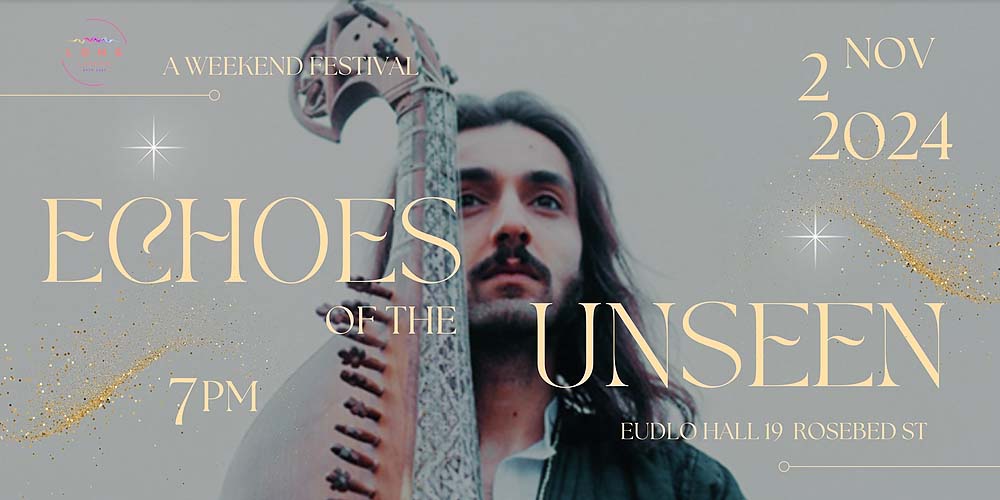
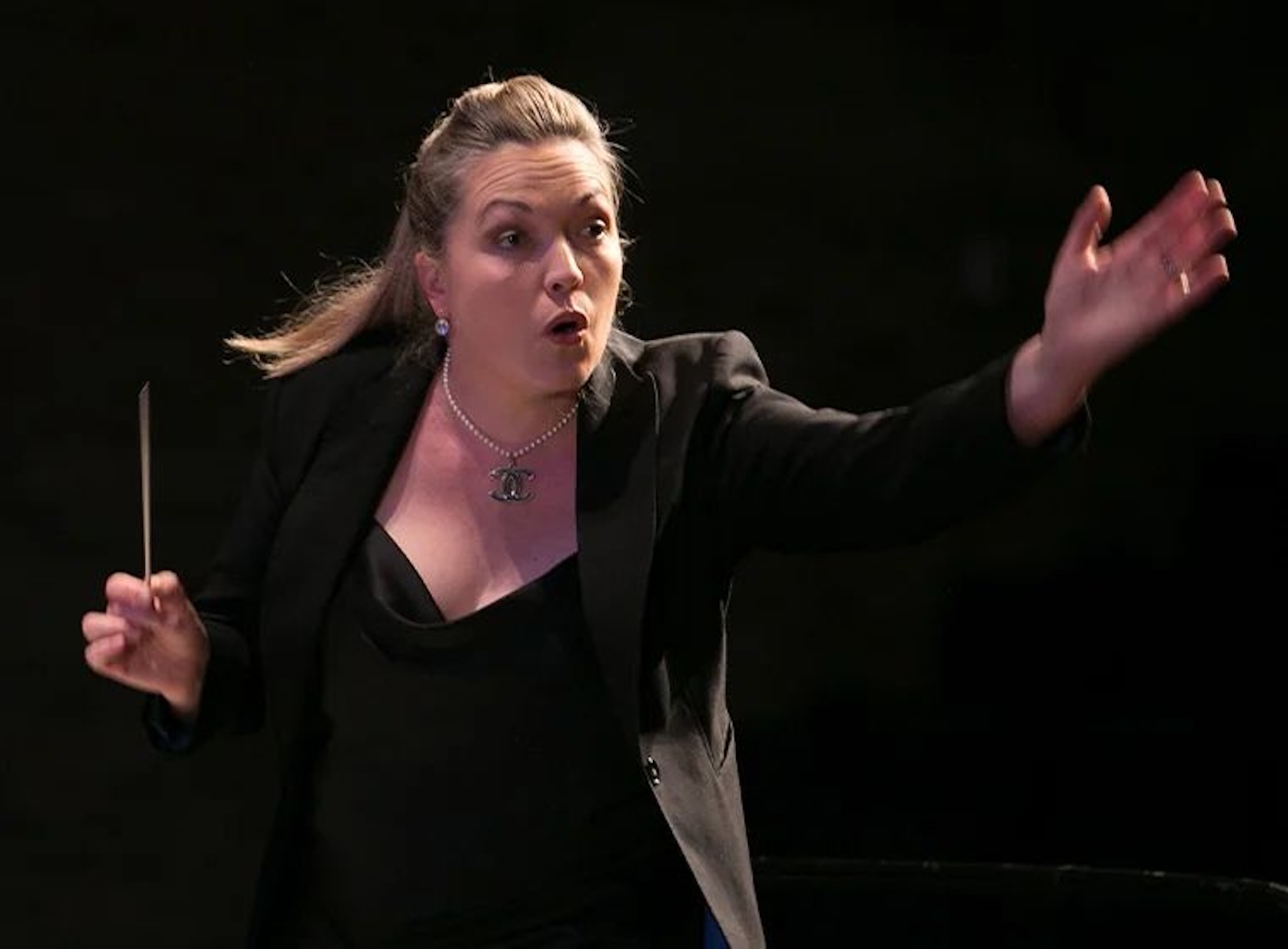
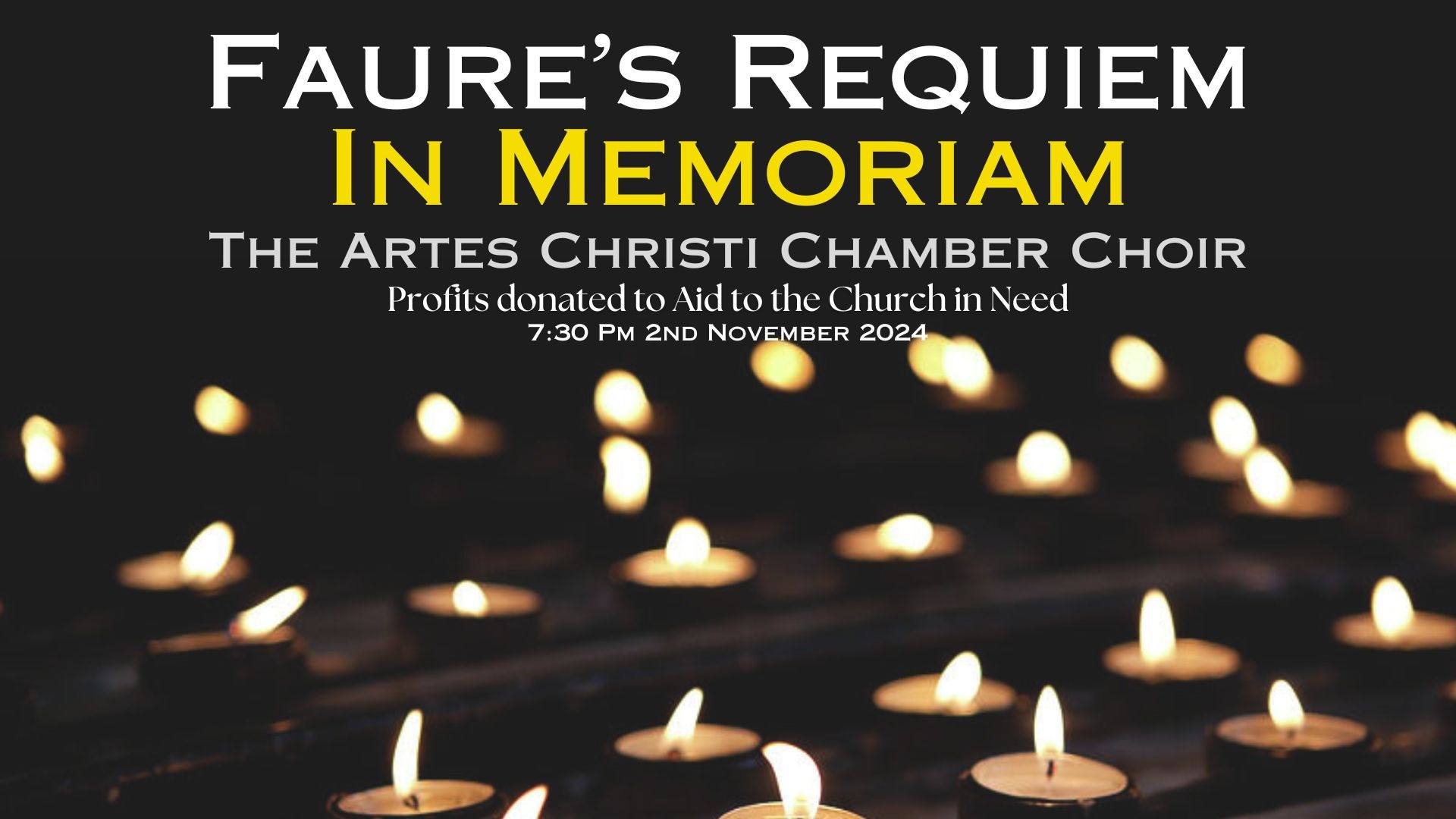
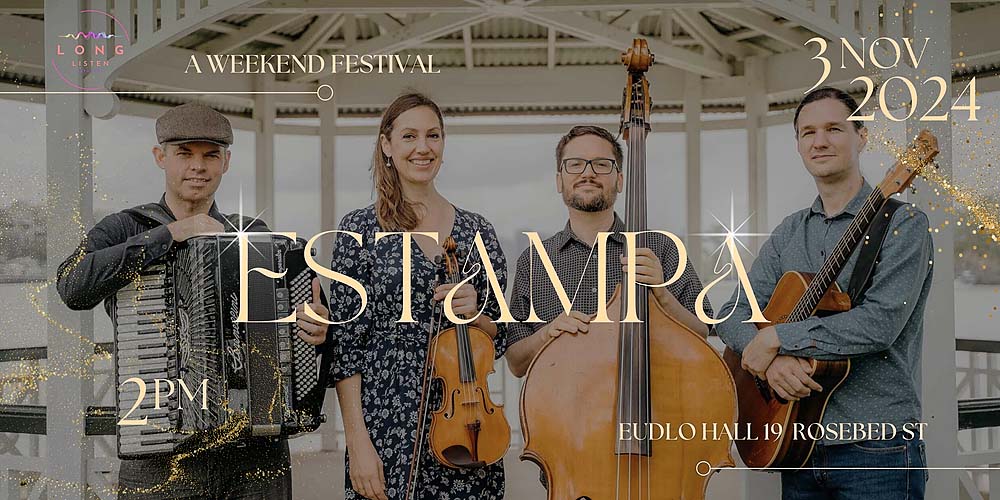

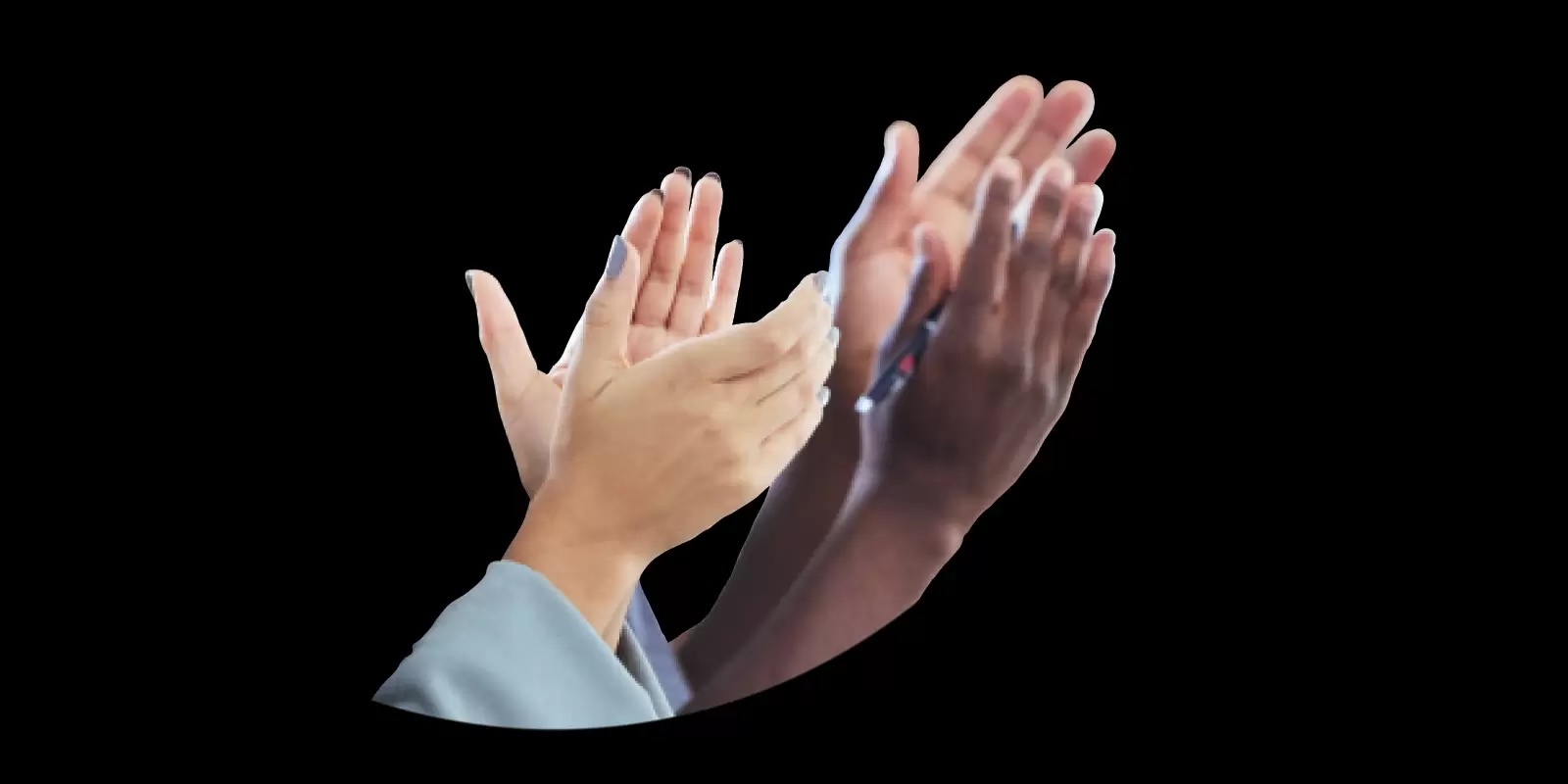



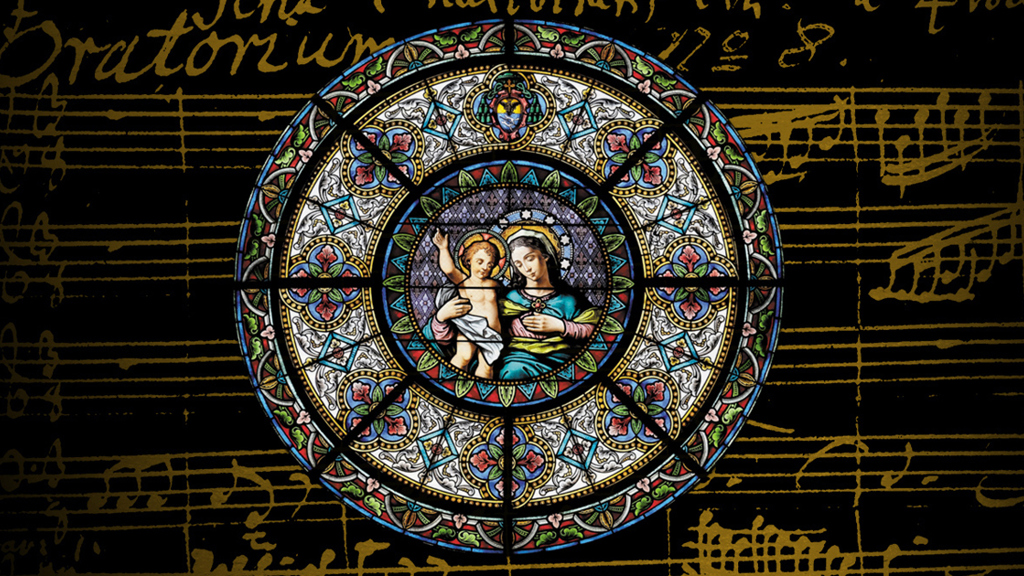
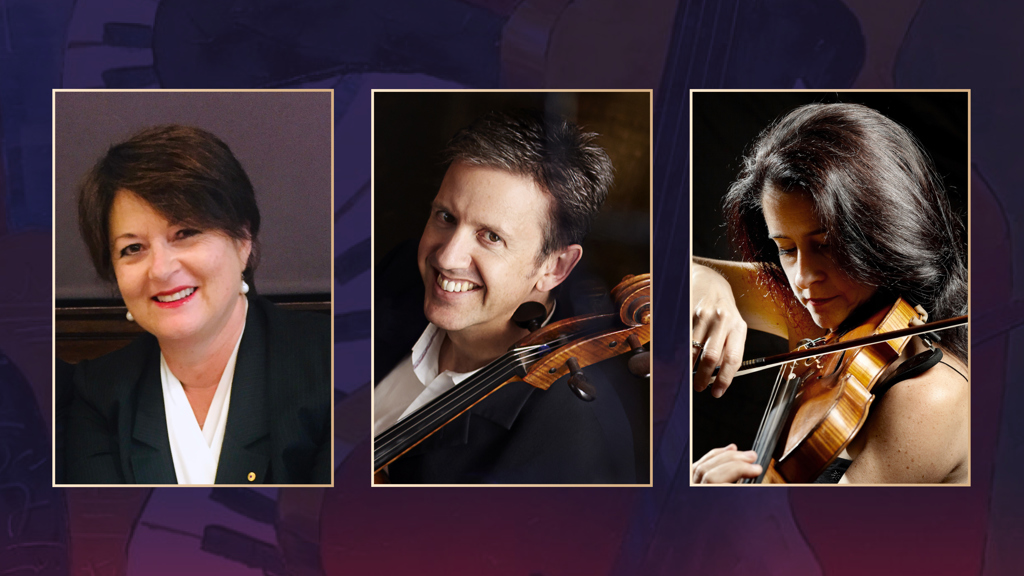

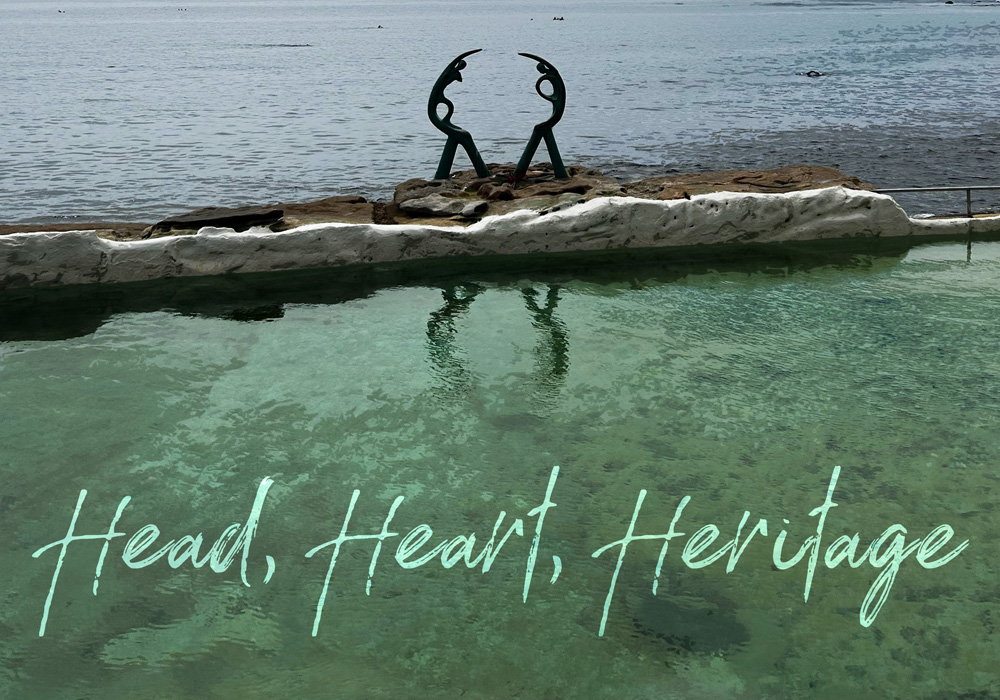
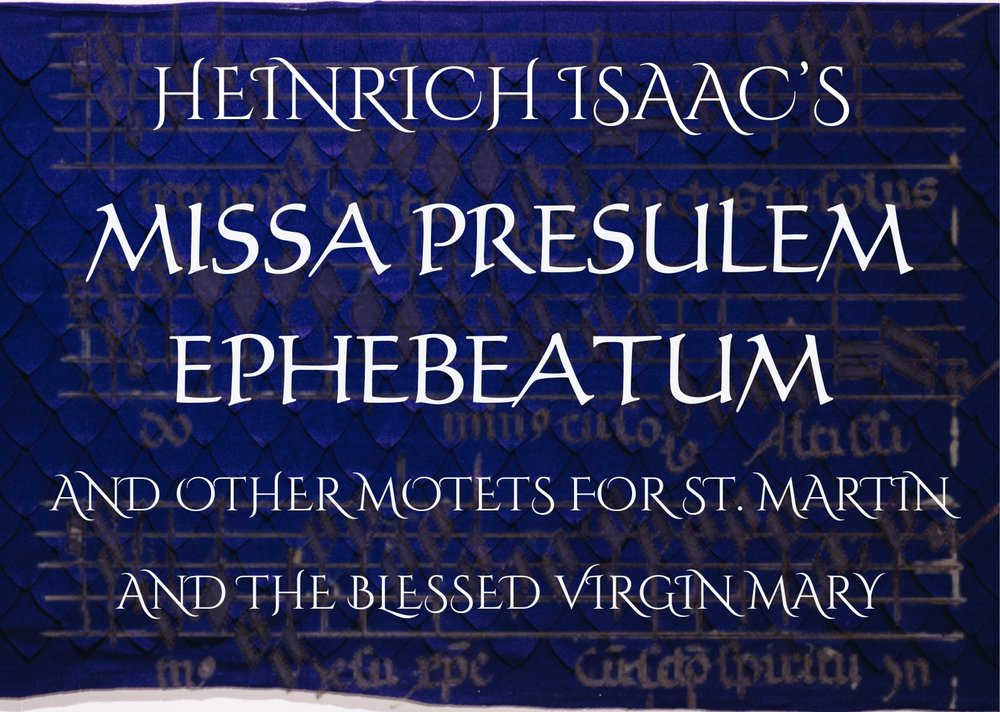

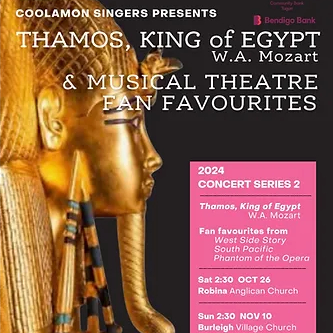
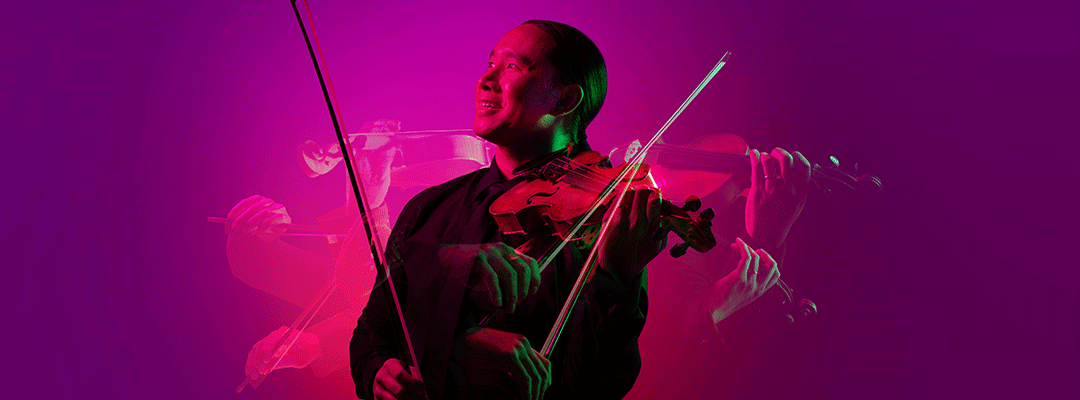


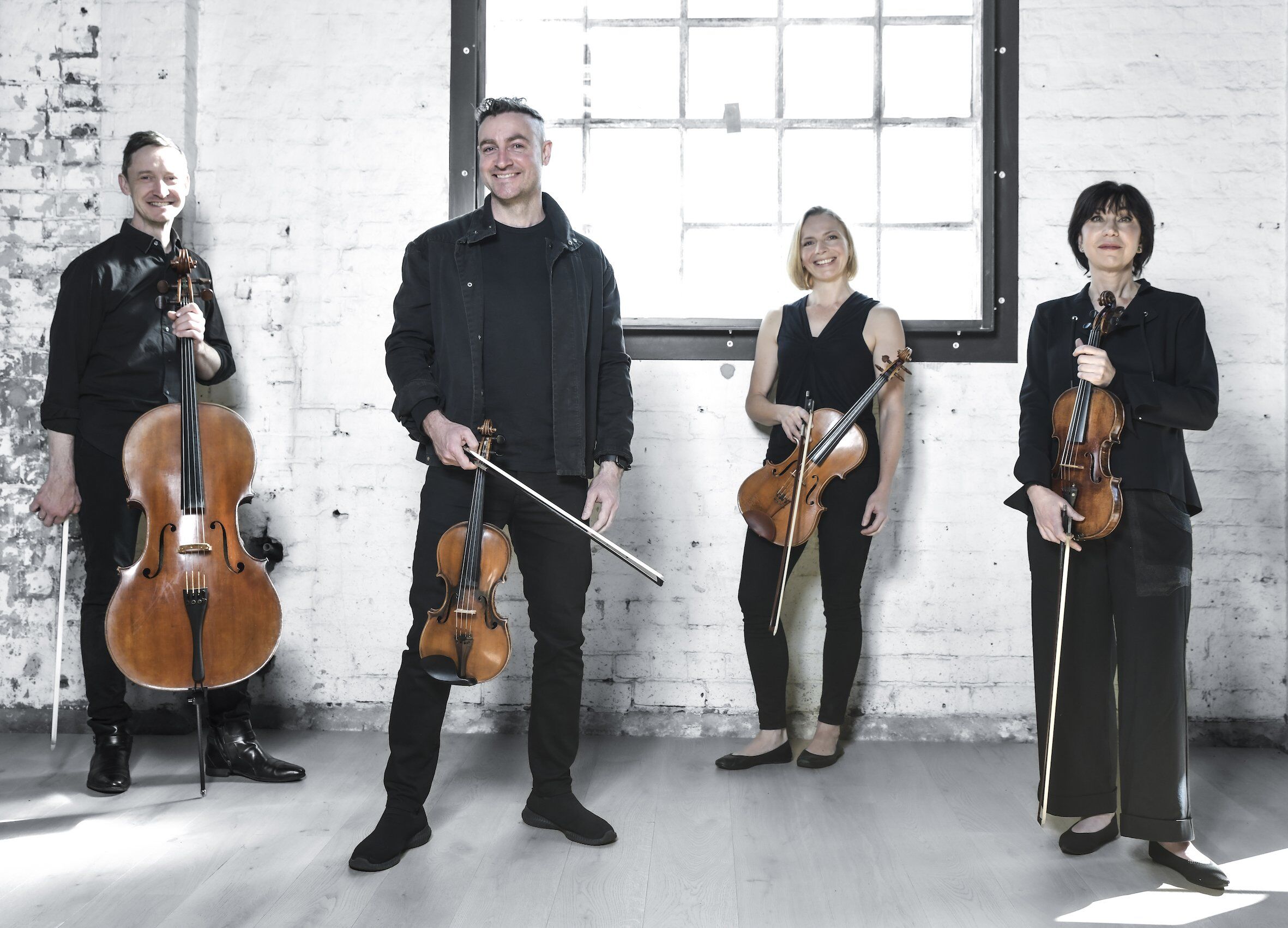

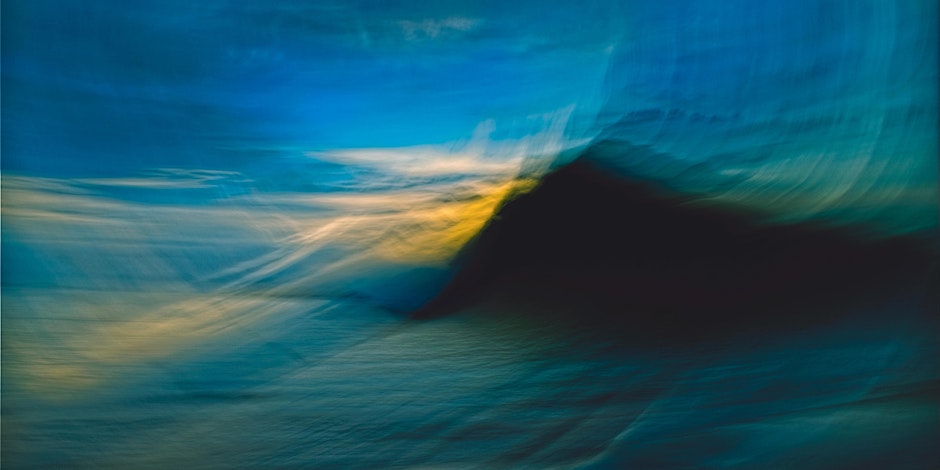

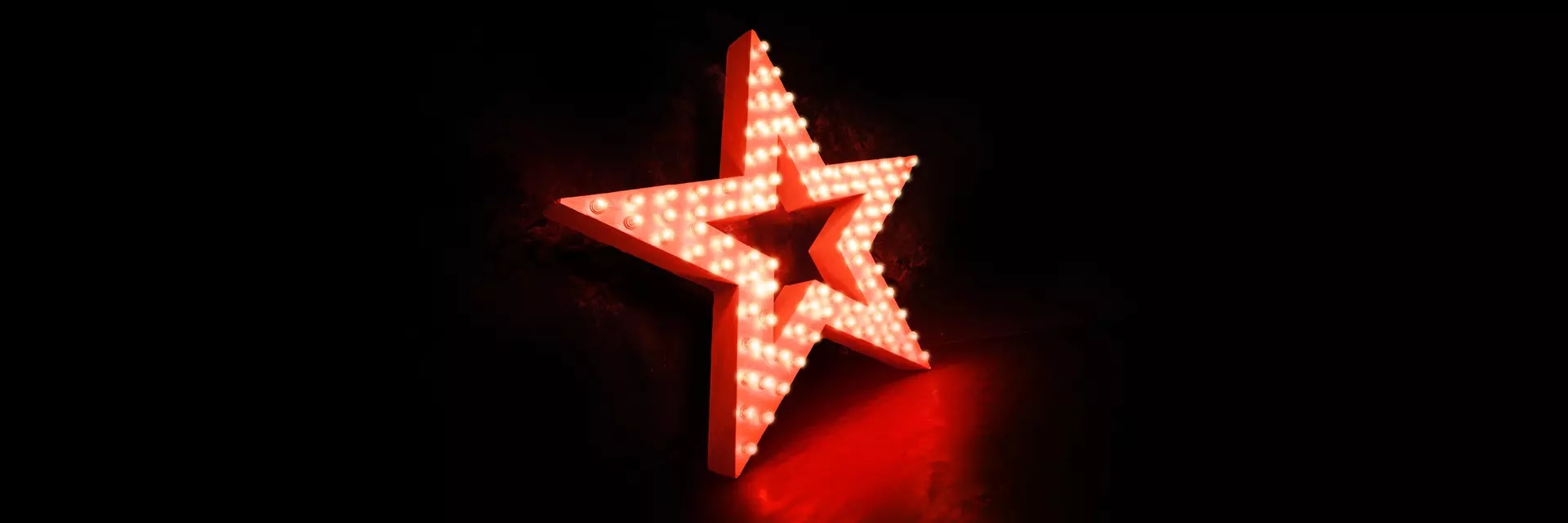

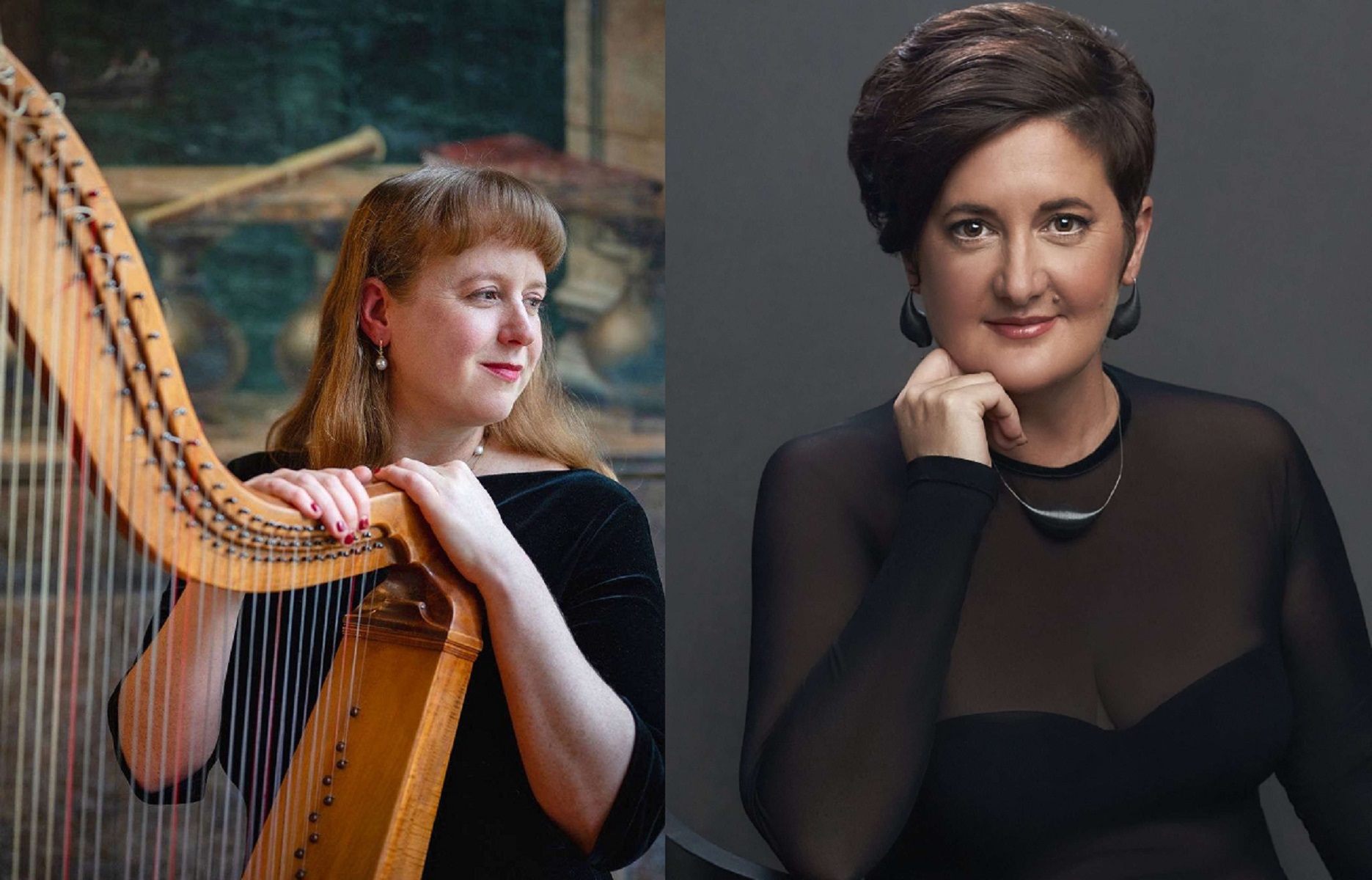
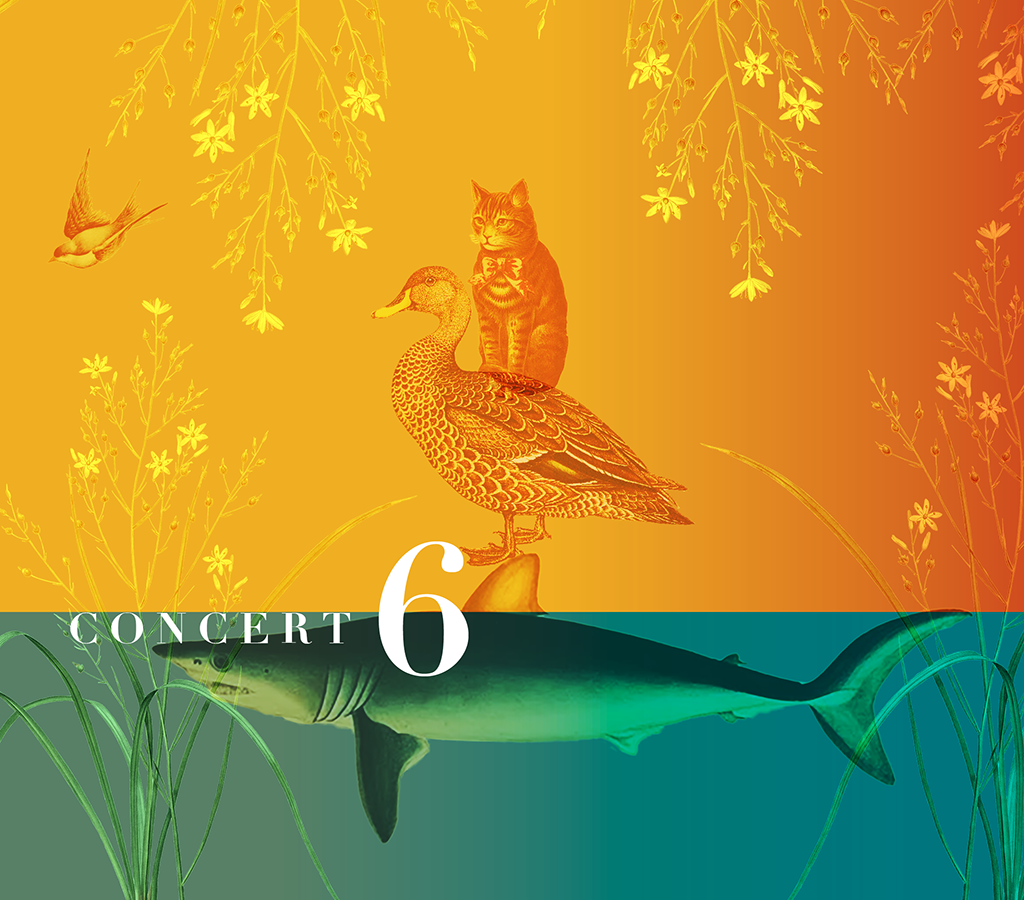

![user222 mrc mostlymozart [splendour of vienna] user222 mrc mostlymozart [splendour of vienna]](https://cdn-classikon.b-cdn.net/wp-content/uploads/2024/02/user222-mrc_mostlymozart_splendour_of_vienna.png)

